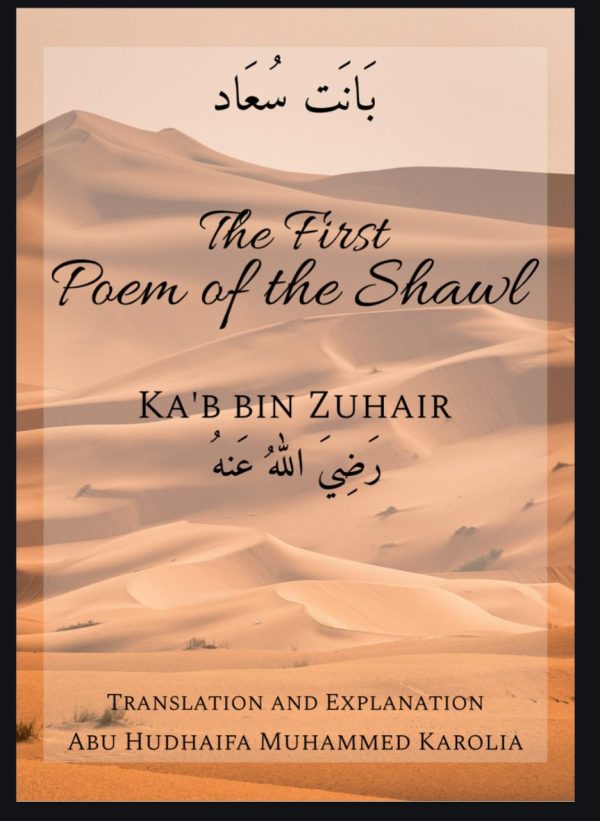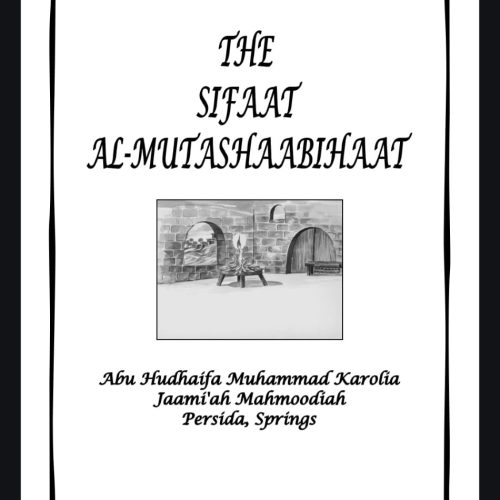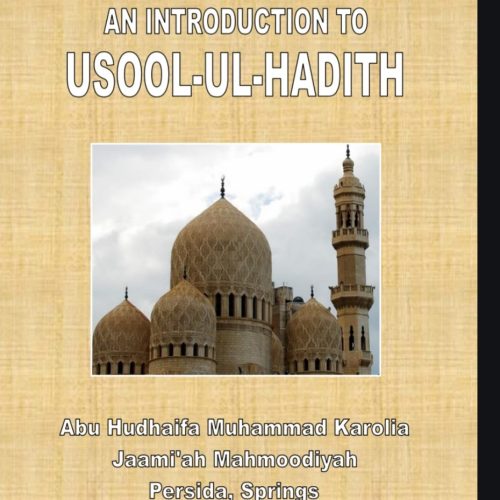Baanat Su’aad” (also known as “Banat Su’ad”) is one of the most famous Arabic odes (qasidah) written in praise of the Prophet Muhammad (PBUH). The poem was composed by Ka’b ibn Zuhayr, a renowned poet in pre-Islamic Arabia who later embraced Islam.
The title “Baanat Su’aad” translates to “Su’aad Has Departed” or “Su’aad is Gone”, referring to a metaphorical beloved named Su’aad, a typical theme in pre-Islamic poetry. The poem begins with the traditional desert scene and the poet’s lament for his lost love, a common motif in classical Arabic qasida. However, the poem transitions into a powerful praise of the Prophet Muhammad, particularly after Ka’b sought the Prophet’s forgiveness for his previous antagonistic poetry against Islam.
The work is celebrated for its eloquence, rich imagery, and emotional depth. It also holds historical significance, as after reciting it, Ka’b ibn Zuhayr was granted a cloak (burda) by the Prophet Muhammad, symbolizing forgiveness and acceptance, giving rise to the tradition of the Burda poetry.
This poem has been revered in Islamic literature, often recited and commented upon for its spiritual and literary merits, and remains a key work in the classical Arabic poetic tradition.



Reviews
There are no reviews yet.